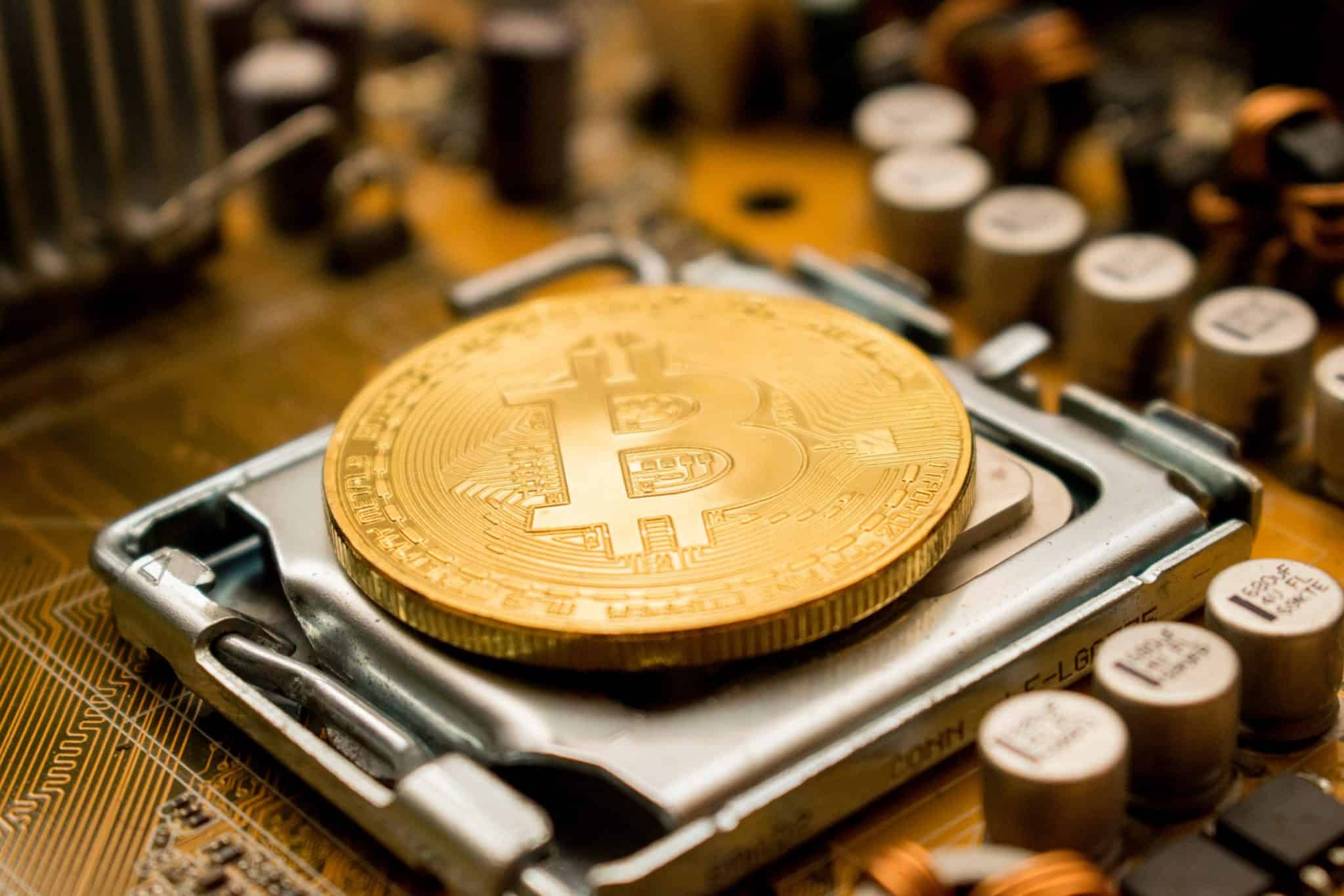Are ICOs Halal? – IslamicFinanceGuru

4 min read
Published:
Updated:

Ibrahim Khan
Co-founder
In order to properly assess whether ICOs are halal or haram, let’s first outline what an ICO actually is.
What is an ICO?
An ICO is an “Initial Coin Offering”. Think of it like a cryptocurrency’s equivalent of an IPO. However there are some crucial differences.
An IPO in a company allows you to own shares in a young company and own equity in that company. An ICO on the other hand only gives you a certain amount of coins that you have bought from the issuing company.
An easy way to understand how ICOs and cryptocurrencies work is to think through the upside case:
- Imagine James sets up a cryptocurrency to be used in a particular way. For example James creates a game ecosystem where the cryptocurrency is the only currency. Let’s call it gamecoin.
- Now if you own 100 gamecoins – their value will only increase if the demand for them increases. And their demand will only increase as more people use this game and the whole ecosystem around the game develops.
- The idea behind the ICO is that James gets to raise £1m by selling off gamecoins, and then he presumably will use that money to develop the game and the ecosystem around it.
So far we have been talking about “coins”. These are essentially what we understand as currency.
However you also get “tokens” sold in ICOs too. Think of these things that give you any more right than just straight-up buying and selling. So if a token allows you access to a certain activity/online area, or it gives you the permission to mine or store something, or if it gives you equity in the underlying issuing company itself, then that is a token and not just a coin.
Things to watch out for
ICOs are unregulated and so this is a fertile breeding ground for scammers unfortunately. The things to watch out for are:
- The whitepaper that the company issues, how much detail it goes into, how it proposes to grow the coin, and what it plans to do with the money. Here’s an example of the Ethereum whitepaper as a gold standard whitepaper to compare against.
- The background of the founding team. Do they have credible CVs and experience in crypto? Can you clearly check out their Linkedin profiles or other public profiles? Are there any video interviews by them on credible mainstream outlets? The first thing you’re checking for is that they are not scammers. But ultimately you need to get comfortable that these guys are credible, competent, honest and will do a good job of growing this coin.
- Celebrity endorsements are not in themselves necessarily an indication that the ICO is not a scam. Floyd Mayweather, Jr., and DJ Khaled both promoted a coin called Centra Tech which ultimately turned out to be a scam in court.
Is it Halal?
An ICO in and of itself is not haram. You are buying a token or coin which has some small amount of intrinsic value right now, but with the hope that it will have a lot more intrinsic value later on.
On that basis, many ICOs and most cryptocurrencies will be permissible. However there will be some cryptocurrencies and ICOs that are not permissible. These will typically involve the following:
- Each coin will invariably derive its value from the demand there is for its usage. But if the coin has created an environment/ecosystem of haram activities – so that the coin only derives its value from these activities, I would avoid such a coin.
Notice, I am not explicitly saying such a coin is technically haram. After all, the Pound Sterling and the US Dollar derive a lot of their demand and strength from haram economic activities that people use GBP and USD to pay for.
However in the case of a coin that links its entire value to an online casino gaming environment, I would be uncomfortable supporting that. This is doubly so, as ICOs are used to finance the creation of such an environment or ecosystem. If, after the ecosystem is created, the coin created for that ecosystem becomes widely used outside of that casino environment too, then I would be less hesitant to use it. - Where the creation of the cryptocurrency and its mining involve elements of gambling, again I would be uncomfortable subscribing to such a coin.
- Where you are buying a token instead of a coin, you should carefully examine the rights, assets, or equity in a company that you are receiving. The sharia analysis would depend on these underlying things. If for example the company you are getting equity in makes its money from interest, that would be impermissible. If the token was backed by alcohol as an asset, that would be impermissible. If the token gave you the right to do an activity such as interest-based lending, that would be problematic.
The specific analysis of each token needs to be done on a case-by-case basis.
Further reading:
The Shariyah Review Bureau have written an excellent guide here.
You can also ask our excellent muftis on the IFG forum any questions you have.
This article is part of our Halal Cryptocurrency Guide.


